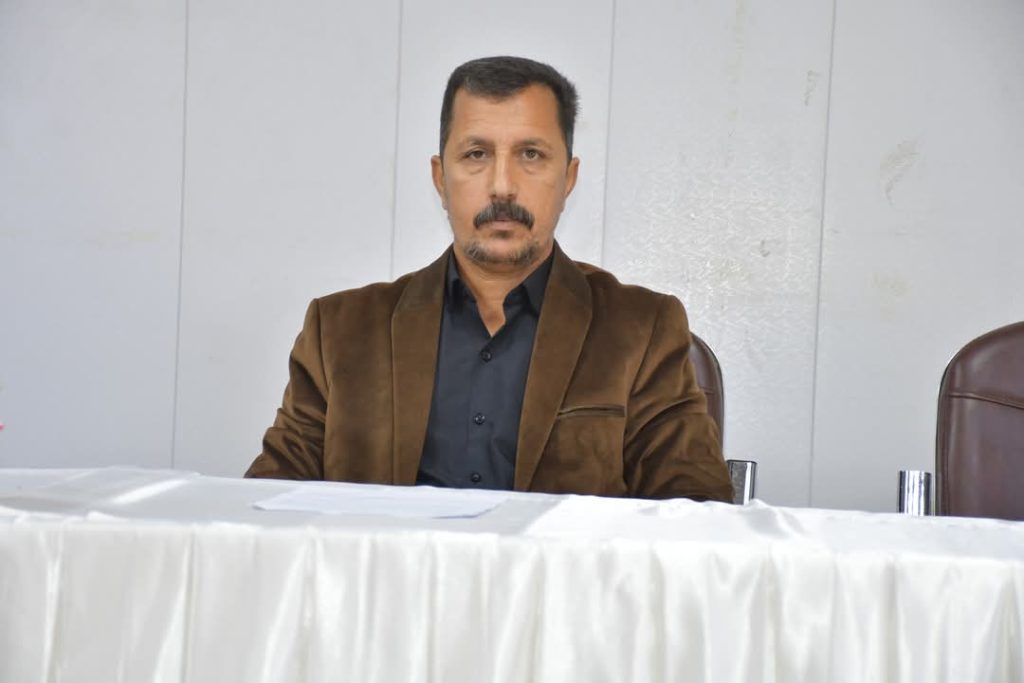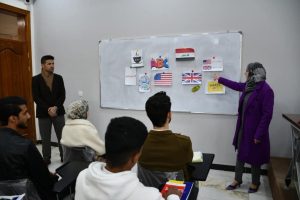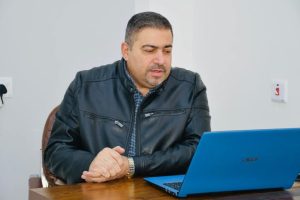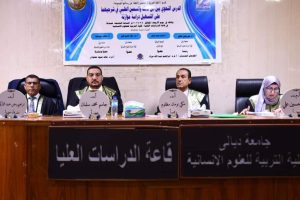
The Department of Geography at the College of Education for Humanities, University of Diyala, held a seminar on smart cities and the possibility of implementing them in the city of Baqubah
The Department of Geography at the College of Education for Humanities, University of Diyala, held a seminar on smart cities and the possibility of implementing them in the city of Baqubah. The seminar, led by Dr. Faisal Omar Hammoud, explained that smart cities are equipped with modern and advanced communication technologies that facilitate the connection of public spaces, government offices, hospitals, parks, and markets through sophisticated communication systems. These technologies enable city residents to use their mobile devices to access a high-speed information network, allowing them to interact with institutions and agencies in their city to complete their transactions and meet their needs.
The seminar highlighted the main drivers for transitioning to smart cities, including:
- Urban migration: The increasing movement of people from rural to urban areas poses significant challenges to traditional urban infrastructure, which can be addressed by developing smart cities.
- Municipal budget constraints: Declining municipal budgets in most countries coupled with rising urban demands can be tackled by integrating technology into city systems to save time and costs.
- Technological advancements: The continuous and rapid development of technology necessitates the modernization of cities.
The seminar recommended:
- Attracting foreign investments to Baqubah to foster innovation and creativity by utilizing all available factors to attract businesses and projects.
- Expanding the participation of Baqubah’s residents at all levels to ensure a better quality of life.
- Prioritizing data and information management, as they are the cornerstone of smart cities and the basis for all short- and long-term decisions to ensure efficient city management.






